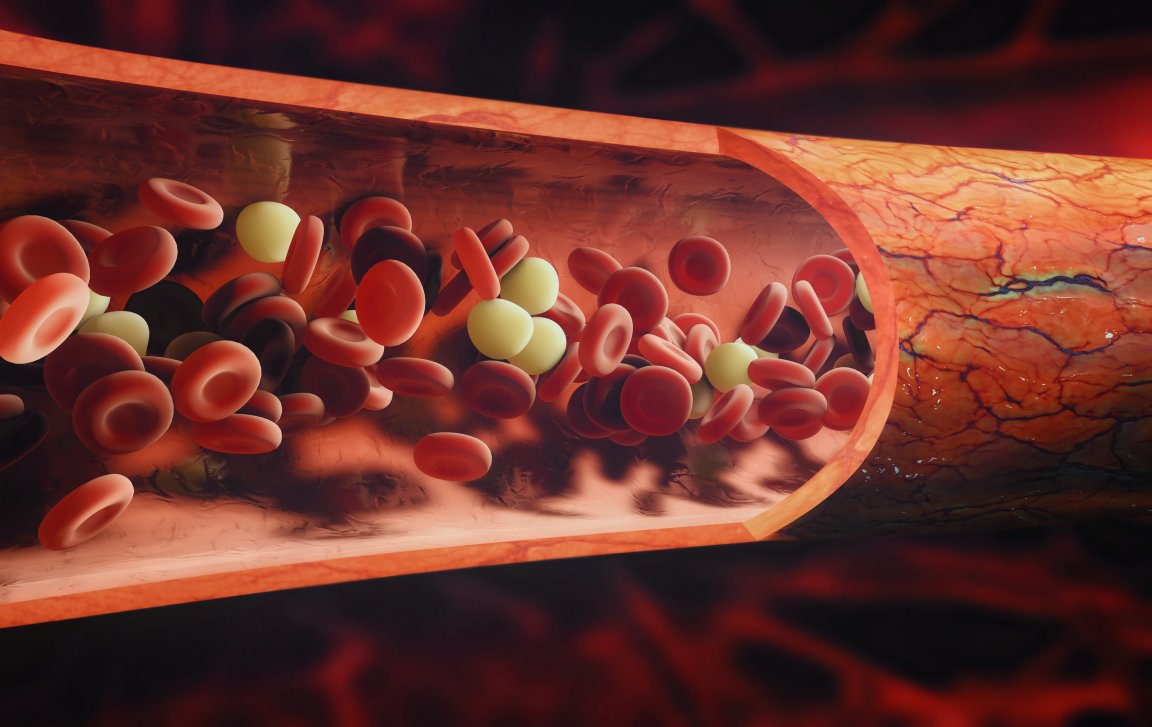
Instant Answers
Researchers have developed a blood test that can rule out a heart attack in less than 20 minutes. The team from King’s College London says that the cMyC test ought to be used routinely, and expect that it may be rolled out in the UK’s National Health System (NHS) within five years. If so, it will save millions of pounds annually by sending well patients home faster and freeing up hospital beds.
Patients who are seen in the hospital with chest pain usually have not had heart attacks: about two-thirds of patients who present with chest pain are not, in fact, having heart attacks. For those that are, diagnosis can be tricky: while major heart attacks show up easily on ECGs, it’s sometimes more difficult to detect smaller myocardial infarctions — which can still be life-threatening. The current protocol requires patients to undergo an ECG, have a troponin blood test twice (three hours apart) before a heart attack can be ruled out and the patient discharged home. It’s that second troponin blood test after the three-hour wait, that either eliminates the possibility of a mild heart attack — or confirms that one took place.

The cMyC test, however, can provide results much more rapidly, as levels of cMyC (cardiac myosin-binding protein C) in the blood rise faster and to higher levels after a heart attack compared to troponin proteins. This will help doctors rule in (or out) the diagnosis of a potentially life-threatening heart attack much sooner.
Lower Costs, Better Care
Lead researcher Dr. Tom Kaier told the BBC: “Our research shows that the new test has the potential to reassure many thousands more patients with a single test, improving their experience and freeing up valuable hospital beds in A&E departments and wards across the country.”
According to Dr. Kaier, if the test were routinely used, it could produce reliable results within 15 to 30 minutes. If it was rolled out across the NHS, more than 350,000 patients annually could go home within 15 minutes. The savings to the NHS would likely be millions of pounds.
Professor Simon Ray of the British Cardiovascular Society told the BBC that before the troponin test could be replaced by the cMyC test, more research is needed, but emphasized the promise of the test. “Unlike currently available blood tests which need to be repeated at least three hours after pain it looks as though a single test is enough to make a confident decision on whether a patient has or has not suffered a heart attack. Not only can it be done earlier after the onset of symptoms but it also seems to be better at discriminating between heart attacks and other causes of chest pains. This is very important.”